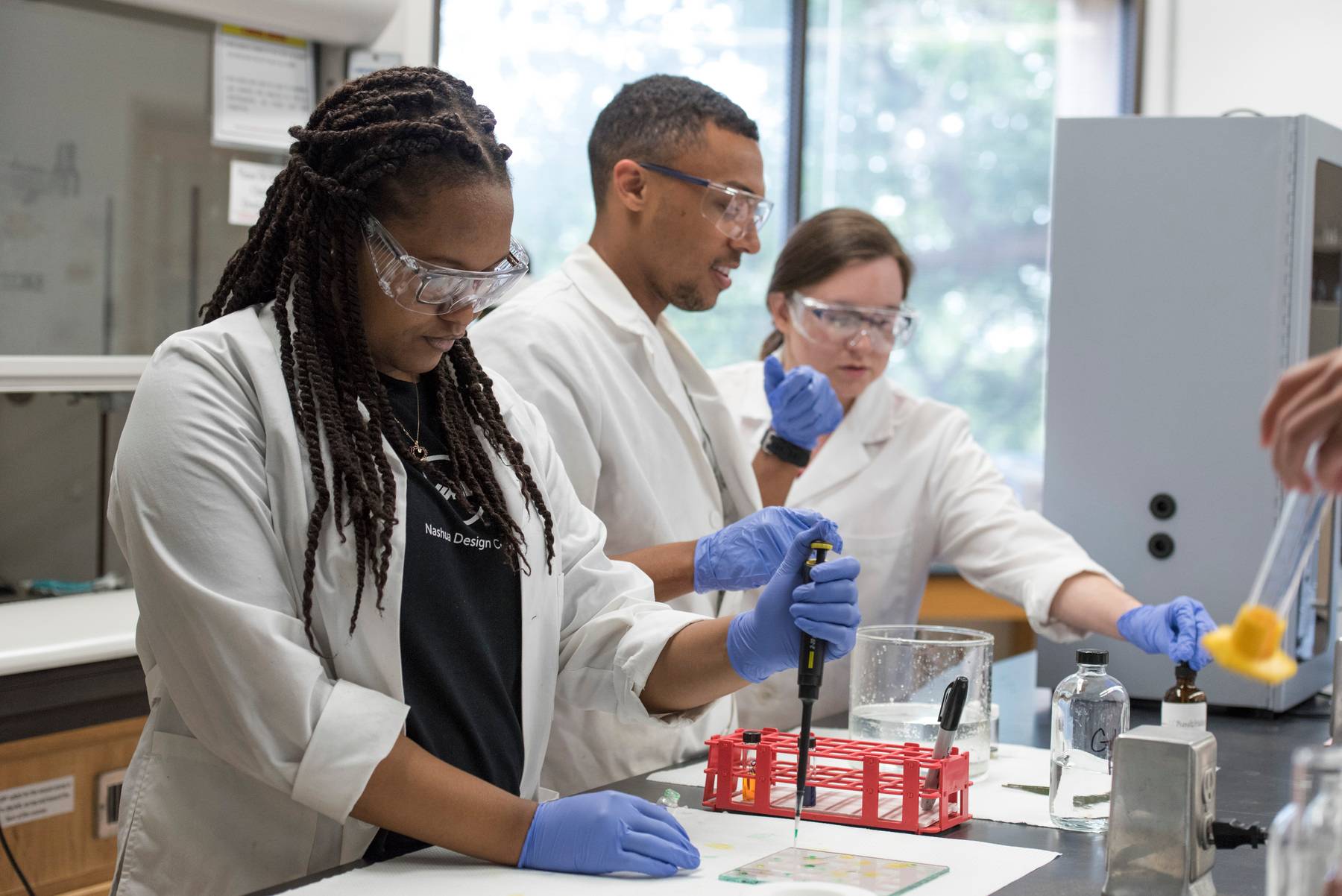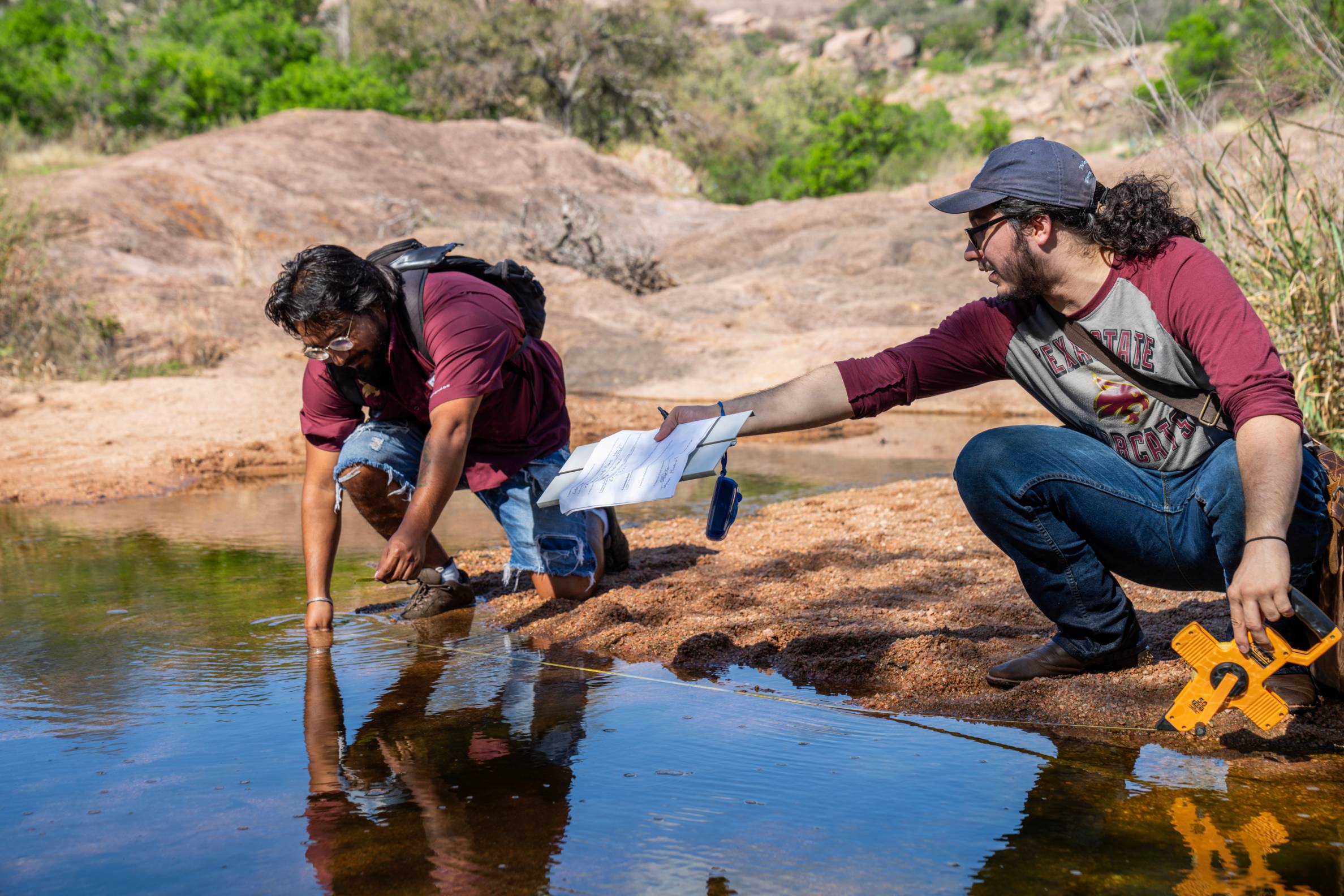All application materials must be submitted via the electronic application below. Applications can only be submitted once and cannot be saved and edited at a later date. To apply, you will need to prepare the following required materials prior to starting the electronic application.
1. Proposal: Your proposal should introduce the questions or problems that motivate your research and explain how your project will address those questions. Be sure to include an appropriate amount of context for readers outside of your fields. This might entail, for example, a brief review of relevant literature, a description of a theoretical framework, or a historical summary.
If your research is part of a group or faculty-led project, please make clear in your proposal what your individual or original contribution will be (maximum 750 words).
*Special instructions for students in Science and Engineering: please include discussions of methods, analysis, interpretation, and possible findings, as well as a timeline for your research project in your Proposal document. In your Project Timeline, please discuss your plans for presenting and publishing your research, as well as any plans for continuing your research beyond your URF project. (Maximum word count for combined proposal is 1250 words).
2. Project Timeline: Your project timeline should provide a stage-by-stage description of your research agenda and project completion date. In the project timeline, you should also discuss your plans for presenting your research to the Texas State community and, if applicable, your intentions for publishing your work (maximum 500 words).
3. Budget Narrative: Include the dollar amount you are requesting, up to $1,000, a brief description of your research expenses, and an accounting table (one page).
4. Academic CV or Resume
5. Letter of Recommendation: Your faculty research sponsor should be prepared to submit a letter of recommendation on your behalf. The letter of recommendation should comment not only on your general academic abilities, but also on your potential as a researcher and on the quality of your research proposal. Therefore, your sponsor should be intimately familiar with your project prior to drafting your letter. After you submit the application form, the fellowship committee will use the contact information provided to request a letter directly from your sponsor. Letters of recommendation must be submitted within two or three days of the deadline. Please notify your faculty research sponsor of this requirement and the deadline.
For more information or to request sample applications, please contact the Honors College at ugresearch@txstate.edu.


